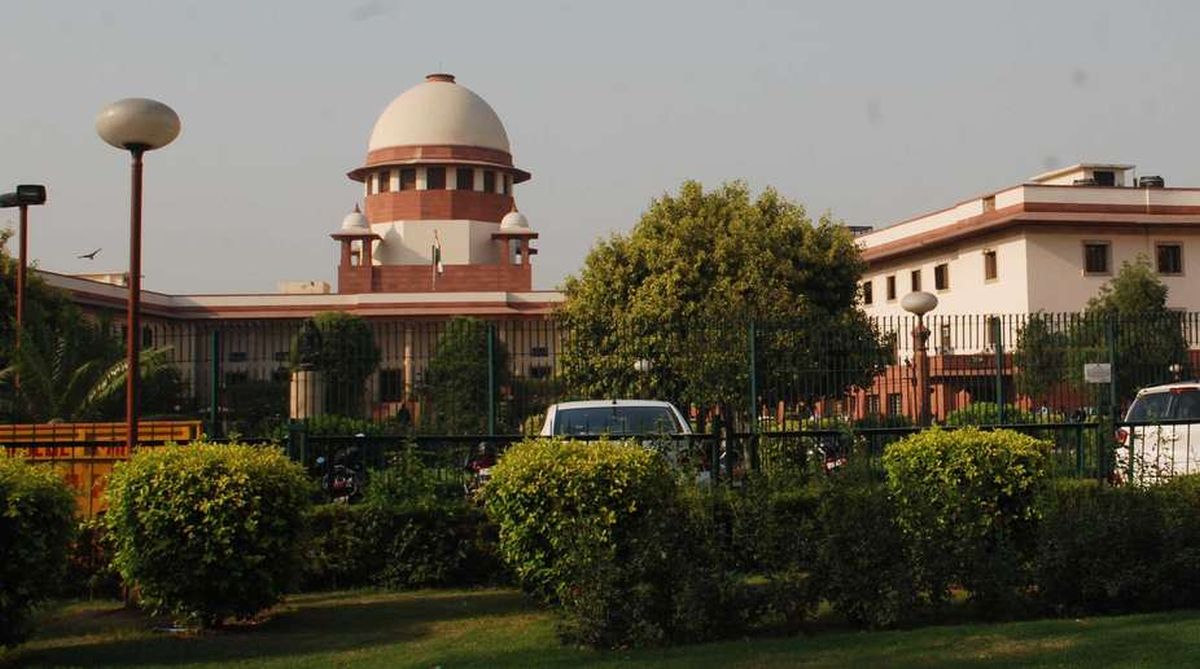SC seeks number of FIRs registered in instant triple talaq cases
Triple talaq ceased to exist on August 22, 2017, when the Supreme Court declared it void.
Chief Justice of India Dipak Misra said the 150-year-old adultery law was “arbitrary” adding that “there cannot be a shadow of doubt” that it was a ground for divorce.

Supreme Court (Photo: SNS)
The Supreme Court on Thursday struck down a British era Adultery Law (Section 497 of the Indian Penal Code) calling it unconstitutional and arbitrary.
Pronouncing his judgment, Chief Justice of India Dipak Misra said the 150-year-old adultery law was “arbitrary” adding that “there cannot be a shadow of doubt” that it was a ground for divorce.
Advertisement
“Any law which affects individual dignity, equity of women in a civilised society invites the wrath of the Constitution,” the Chief Justice said.
Advertisement
“Any provision treating woman with inequality is not constitutional,” he added said.
CJI Misra clarified that adultery remained a ground for civil issues, including dissolution of marriage.
Read | Section 497 IPC: Everything you want to know about India’s adultery law
“Adultery can be ground for any civil wrong. There cant be any social license that destroys the matrimonial home, but adultery should not be a criminal offence,” he said.
The CJI added that Section 497 was manifestly arbitrary and offends dignity of women.
India’s adultery law (Section 497 IPC) was seen as discriminatory as it punishes only a married man for extramarital sexual relationship with a married woman. The Centre had defended the law saying it’s essential to preserve the institution of marriage.
While reserving the verdict, a five-bench constitution bench comprising Chief Justice Dipak Misra, Justice Rohinton Nariman, Justice AM Khanwilkar, Justice DY Chandrachud and Justice Indu Malhotra had on August 8 questioned Central government’s stand.
“…where is the ‘collective good’ in Section 497 of IPC?” the court had asked.
The apex court was hearing a petition filed by one Joseph Shine who had challenged the constitutional validity of Section 497 of the IPC read with Section 198(2) of the Criminal Procedural Code (CrPc), which deals with prosecution, for offences against marriages.
Advertisement